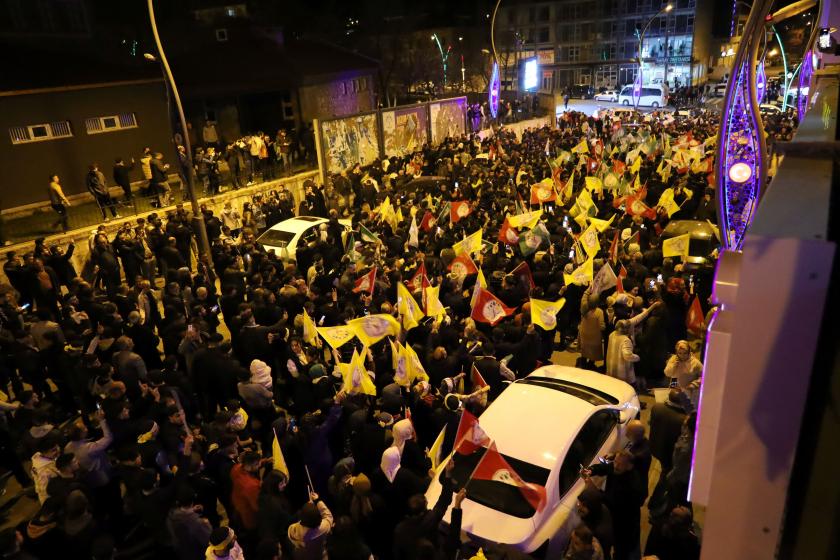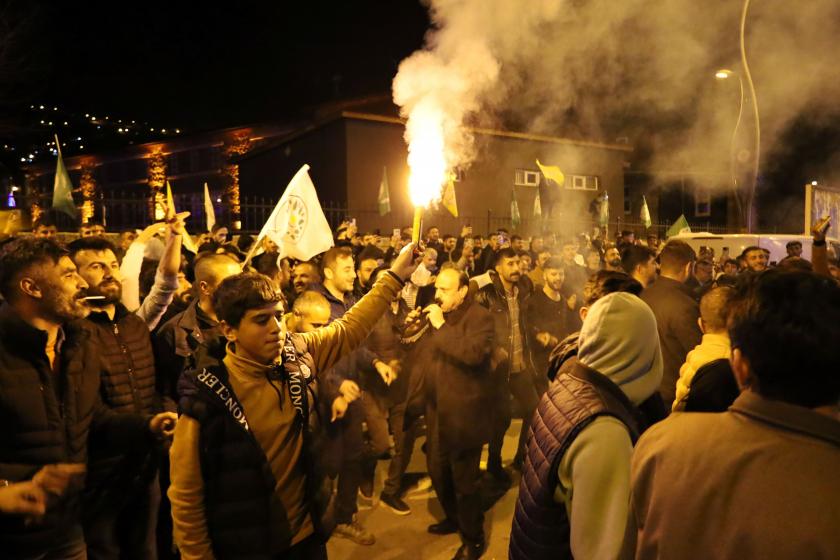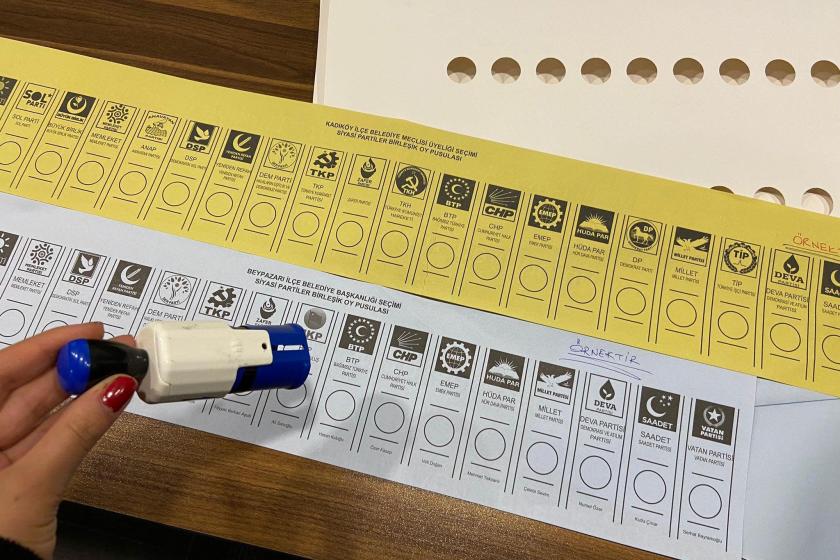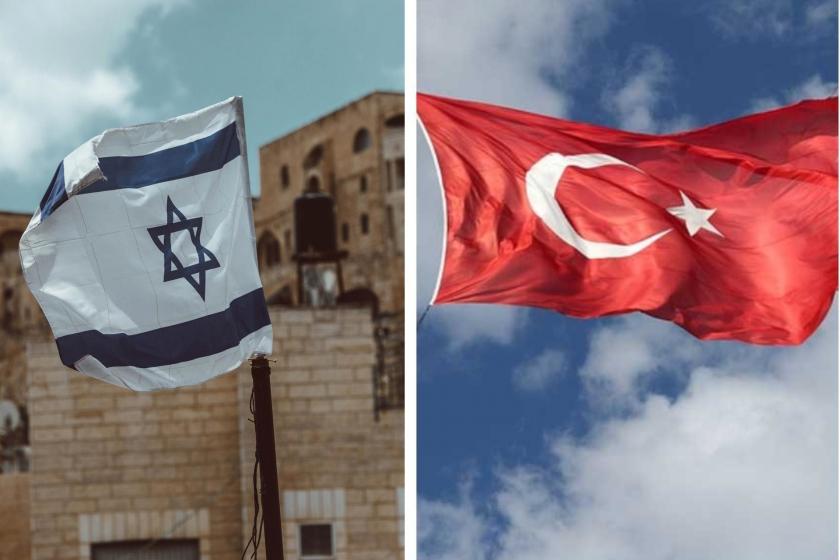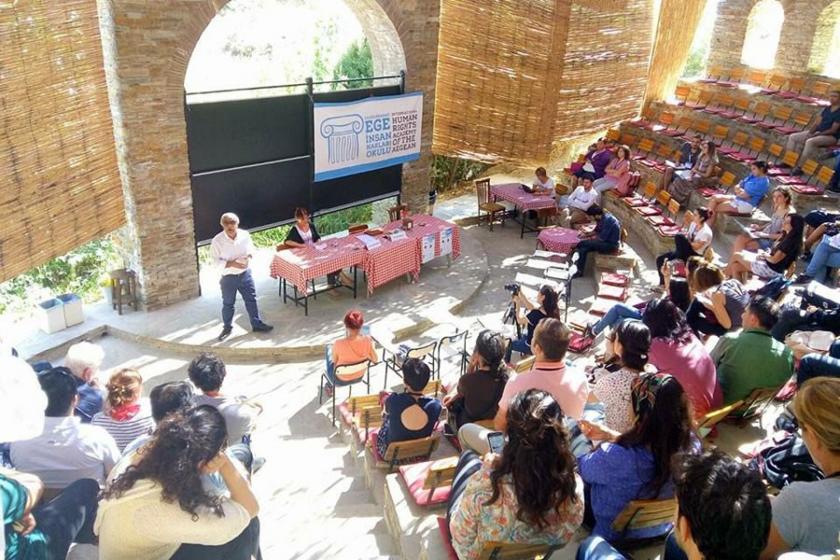
Photograph: Evrensel
Buse VURDU
Ankara
The Human Rights School has released the report, “Being an Academic in the Human Rights Field under the State of Emergency: Academia in the Shade of Oppression, Threats and Investigations.” According to the report compiled by Ülkü Doğanay and Ozan Değer, academics working in the human rights field have felt themselves to be pressurized during their academic activities and lessons in and after the state of emergency period. A significant percentage of the academics are forced to exercise self-censorship in lessons and publications. Of the 103 academics surveyed, with 87 speaking of having experienced rights violations in the state of emergency period, 97 per cent have concerns about being pressurized.
Conducted between the years of 2018-2019 in Ankara, İstanbul, İzmir, Konya and Diyarbakır, where there are universities having Human Rights Centres, the report covers the experiences relating to the state of emergency of academics who work in the human rights field. In the course of the study, a survey was conducted with 103 academics, while semi-structured interviews were held with 20 academics. Of the 103 academics who participated in the survey, 59 were faculty members and 44 postgraduate and doctoral students.
With regard to sexual distribution in the survey, in which there were twice as many academics at public universities as academics at foundation universities, 61 female and 42 male academics took part. With 60 per cent of those surveyed stating that they currently worked at a university, 14 academics indicated that they had been expelled from public service under a Decree with the Force of Law for having signed the “Academics for Peace” declaration.
According to the report, the number of academics who declare they suffered rights violations in the area of academic freedoms in the state of emergency period was 87. With two people voicing partial agreement with this claim, the number of academics who think they underwent no rights violations in relation to academic freedoms was only four. Of those academics who spoke of experiencing rights violations, 69 said they did so due to their political opinions, 64 for their work in the human rights field and 33 because they were signatories of the “Peace Declaration.” Apart from this, lifestyle (46), gender (31), sexual orientation (9), ethnic identity (15) and religious identity (20) were cited by academics as reasons for the rights violations they suffered in the area of academic freedoms.
Of the academics responding to the survey, four spoke of having undergone judicial investigation due to work-related matters prior to the state of emergency, while thirteen said this had happened in the state of emergency period.
Moreover, the state of emergency brought with it the cancellation/halting of seven academics’ projects, four academics being asked to remove/amend certain sections of academic publications and four academics being denied access to certain archives and libraries.
The state of emergency period also saw restrictions in the assistance provided by universities for academics to engage in academic activities. With many academics facing police/interior ministry obstacles to participation in activities abroad, many hindrances were also placed in the way of engagement in academic activities domestically.
There was also a four per cent increase in threats to academics working in the human rights field under the state of emergency. There was a seven per cent increase in the targeting of academics in the local and national press or social media. With the percentage of academics who fear for their security increasing from eleven to fifteen, the number of those who declared that at least one academic of their acquaintance working in the human rights field had been threatened was 58. Put differently, seventy per cent of the academics who replied to this question had witnessed threats to an academic who works in the human rights field.
The survey reveals that academics feel concern about coming under pressure or investigation while expressing their opinions in matters relating to their specializations or due to their work.
83 per cent of the academics feel that they may be pressurized, 60 per cent that they may be investigated or prosecuted and 54 per cent that they may be arrested due to their specialization.
Taking account of the number who feel partial concern in this regard, 97 per cent are concerned that they may be pressurized, 92 per cent that they may be investigated or prosecuted, while 71 per cent have concerns that they may be arrested.
With six academics speaking of their intention to change the subjects of their academic studies due to pressurization, with the addition of those who partially agree with this tendency, some thirty per cent of academics working in the human rights field are contemplating changing the subjects of their academic work.
(Translated by Tim DRAYTON)
